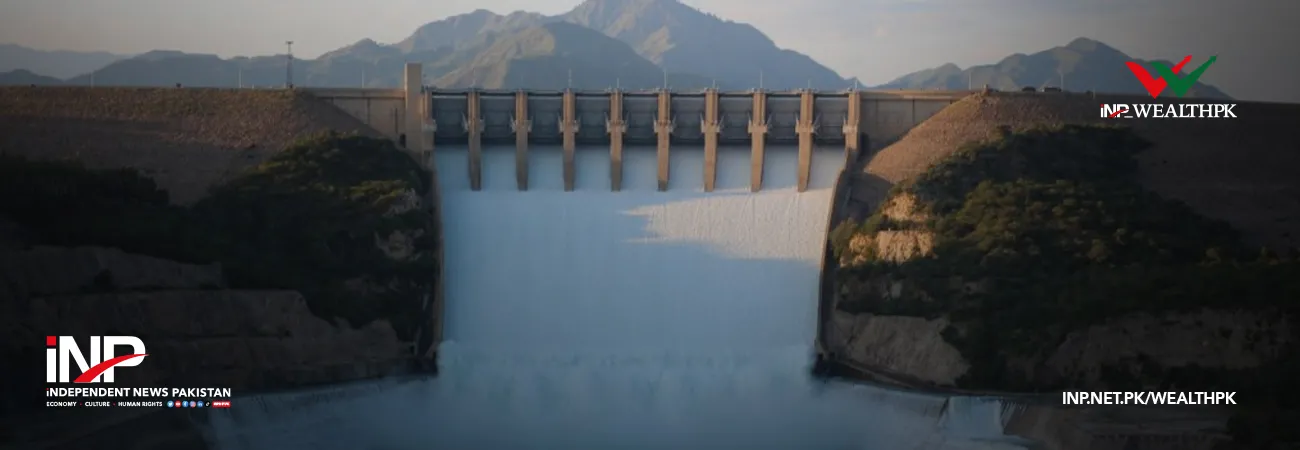INP-WealthPk
Ahmed Khan Malik
The project of constructing 100 small dams across Balochistan has been put on back-burner for many years. The province faces a famine-like situation when it receives no rains, adversely impacting agriculture and leading to food scarcity and loss of livestock. On the other hand, when the province receives heavy rains, the water goes to waste due to a lack of storage facilities in the form of dams. Some years ago, the Balochistan government, with the assistance of the federal government, announced the construction of 100 dams in various parts of the province to store the water for agriculture and livestock sectors. However, only a small number of dams have been constructed so far with reports emerging that irregularities have been committed in their construction. A special audit report revealed that construction of these dams was delayed and there were complaints of serious irregularities in their construction as their cost rose sharply. A farmers’ association in the province has raised concern over the delay. The association’s representatives called for the early construction of all the dams.
They said every year millions of cusecs of rainwater went to waste for want of proper storage facilities. “The government should expedite the work on the project in order to facilitate the development of the province’s agriculture sector,” Taj Jamali, general secretary of farmers’ association, told WealthPK. He said that Balochistan was the largest province of Pakistan in terms of area and had huge potential in agriculture and livestock sectors. However, he said that due to a lack of water storage capacity, the province had not been able to fully realize the potential. “We can match the production of crops like wheat, cotton and rice of other provinces if we get the required amount of water.” Taj noted that construction of 100 small dams would go a long way in boosting agriculture sector’s output in the province. The province lags behind other provinces in terms of socio-economic development indicators as it has a small industrial base and its agriculture sector has not been tapped to its potential, mainly because of water scarcity, to generate employment and ensure food security. The province also possesses enormous mineral wealth, but most of its people live below the poverty line.
Credit: INP-WealthPk













